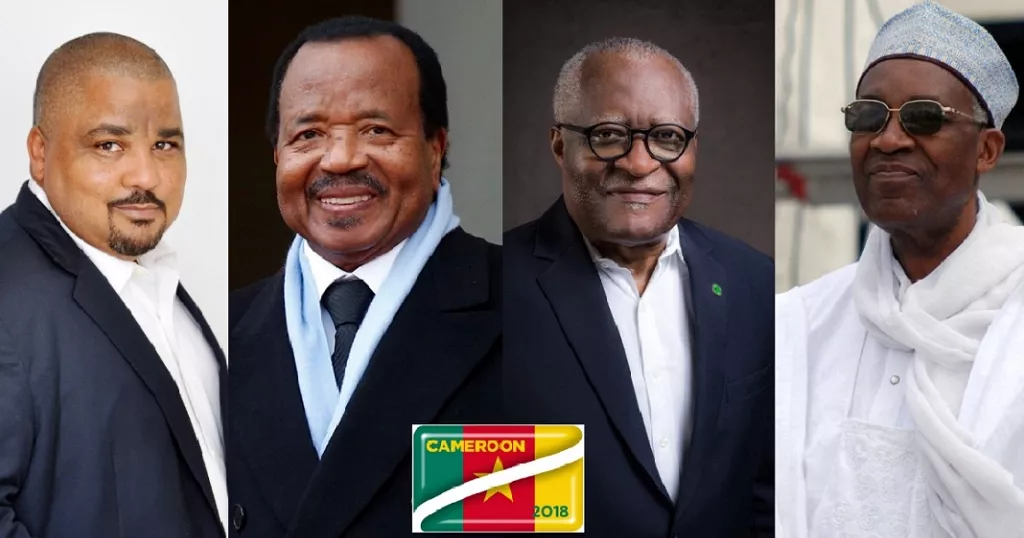
Cameroon’s electoral process has taken an unprecedented turn as the latest submission of candidacies reveals a historic surge in unmarried candidates seeking office, marking a significant shift in the country’s political culture.
Elections Cameroon (ELECAM) confirmed the trend, noting that “this is the first time we’ve recorded such a high proportion of unmarried candidates,” a statistic seen as reflective of profound sociological changes within Cameroonian society.
Traditionally, marital status has played a defining role in political credibility, with most candidates in past elections presenting themselves as married, a symbol of stability and societal conformity.
The influx of single aspirants is challenging these conventions and reshaping the makeup of the nation’s political class. Many of these candidates belong to a younger generation that prioritizes civic engagement, professional dedication, and progressive ideals over the conventional expectations of marriage.
Among the diverse pool of contenders are notable figures such as Joshua Osih of the Social Democratic Front (SDF), whose political activism continues to transcend traditional political divides.
The trend also includes a rising number of women candidates, reflecting the gradual dismantling of barriers that have long hindered female representation in Cameroonian politics.
Analysts argue that this wave of unmarried and younger candidates could signal the beginning of a new era in Cameroonian politics, where personal status holds less weight than ideas, competence, and the ability to connect with a rapidly evolving electorate.
They suggest the change may not only disrupt the established political order but also inspire renewed confidence in democratic institutions among younger voters.
Observers note that the trend coincides with recent electoral reforms designed to encourage broader participation, particularly by underrepresented groups. Whether this shift will translate into lasting change remains to be seen, but the 2025 elections are already shaping up to be a turning point in the nation’s political trajectory.



